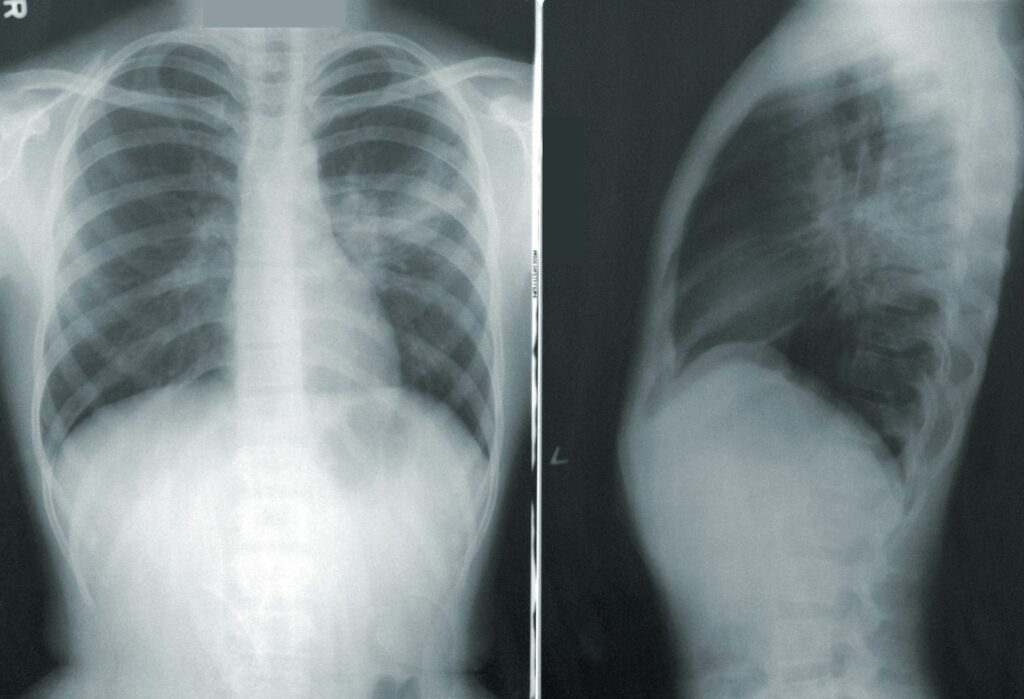Lung cancer remains one of the most challenging and prevalent forms of cancer worldwide, impacting millions of lives each year. However, amidst the battle against this formidable disease, there shines a beacon of hope: clinical trials. These trials play a pivotal role in advancing our understanding of lung cancer and developing more effective treatments. Let’s explore the significant benefits that patients with lung cancer can experience by participating in clinical trials, focusing on the access to novel therapies that these trials provide.
Access to Innovative Treatments
Clinical trials offer patients access to cutting-edge therapies that may not yet be available through standard treatment options. These innovative treatments often represent the forefront of medical research, holding the promise of improved outcomes and better quality of life for patients. For example, targeted therapies, which are designed to attack specific molecular targets in cancer cells, have shown remarkable efficacy in certain subsets of lung cancer patients. Similarly, immunotherapies, which harness the power of the body’s immune system to fight cancer, have revolutionised the treatment landscape for many individuals. Additionally, combination therapies, which involve the use of multiple drugs or treatment modalities, are being explored for their synergistic effects in combating lung cancer. Use the link to search for clinical trials for lung cancer.
Personalised Treatment Approaches
One of the most significant advantages of participating in lung cancer clinical trials is the opportunity to receive personalised treatment approaches tailored to individual patients. Each person’s cancer is unique, and clinical trials aim to match treatments to the specific characteristics of the disease. For instance, by identifying genetic mutations driving the cancer’s growth, researchers can develop targeted therapies that precisely attack these abnormalities, while sparing healthy cells. This personalised approach not only enhances the effectiveness of treatment but also minimises side effects, leading to better outcomes and improved quality of life for patients.
Close Monitoring and Comprehensive Care
In addition to gaining access to novel therapies, patients enrolled in lung cancer clinical trials receive close monitoring and comprehensive care from a dedicated team of healthcare professionals. This multidisciplinary approach ensures that patients are supported throughout their treatment journey, with their physical, emotional, and psychological needs being addressed. From regular check-ups and diagnostic tests to ongoing support and counselling, clinical trial participants benefit from a supportive environment that prioritises their well-being. This level of care not only enhances the overall patient experience but also contributes to better treatment outcomes.
Contributing to Medical Knowledge
Beyond the individual benefits, participating in lung cancer clinical trials allows patients to contribute to the advancement of medical knowledge and the development of future treatments. Clinical trial data collected from patient participation play a crucial role in shaping the standard of care for lung cancer and improving outcomes for future generations of patients. Through their involvement, patients become active participants in the scientific process, driving innovation and progress in the fight against lung cancer. Each contribution, no matter how small, has the potential to make a significant impact on the lives of countless individuals affected by this disease.
How to Know a Lung Cancer Trial is Right for You
At first, it can be exciting to find lung cancer trials that might be suitable for you. But, as you get closer to the reality of the situation, you can become nervous. You start to doubt yourself and whether you really want to go ahead with the trial.
Know that it’s common to be apprehensive. It’s a huge decision you have to make, and you must be certain it’s right for you. So, how do you make sure this is the case and it’s going to be the best option? Here are some elements you’ll need to think about.
Look at the Eligibility
First of all, you need to get the practical assessments out of the way. Are you going to be eligible to join in with the lung cancer trial? It’s important to take a look at all the requirements and make sure your health status is what they’re looking for. Doing this from the beginning ensures that you don’t have any disappointments later on. Most lung cancer trials will set out all of their eligibility requirements from the beginning so that you know if you’re suitable.
Understand the Objectives
Next, you need to make sure you understand what the lung cancer trial is looking to achieve with this study. Are they trying to gain more information on the disease so they have more details for the future? Is this a way to get new treatments and therapies? You want to be on the same page and understand what you’re going into. You can clearly evaluate whether you want to spend time in this trial and if you’re going to get anything out of it personally.
Know the Risks
There are always going to be certain risks involved with medical trials. Indeed, this could be the case when it comes to lung cancer trials you’re considering. Not all of them will be majority. But, you want to know what they are in advance. You can make a personal decision on whether you want to take on these risks and if you think that the trial is worth it.
Applying Your Business Skills In The Courtroom(Opens in a new browser tab)
Conclusion
In conclusion, participating in lung cancer clinical trials offers patients a multitude of benefits, from access to novel therapies and personalised treatment approaches to close monitoring, comprehensive care, and financial support. By joining a clinical trial, patients not only gain access to cutting-edge treatments but also contribute to the advancement of medical knowledge and the development of better therapies for future generations.
